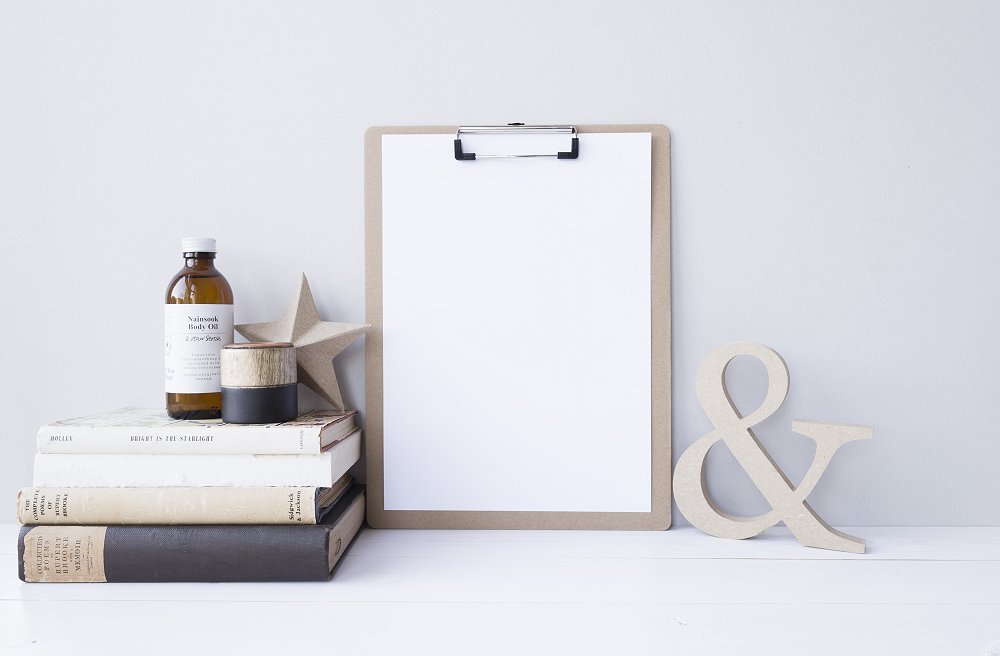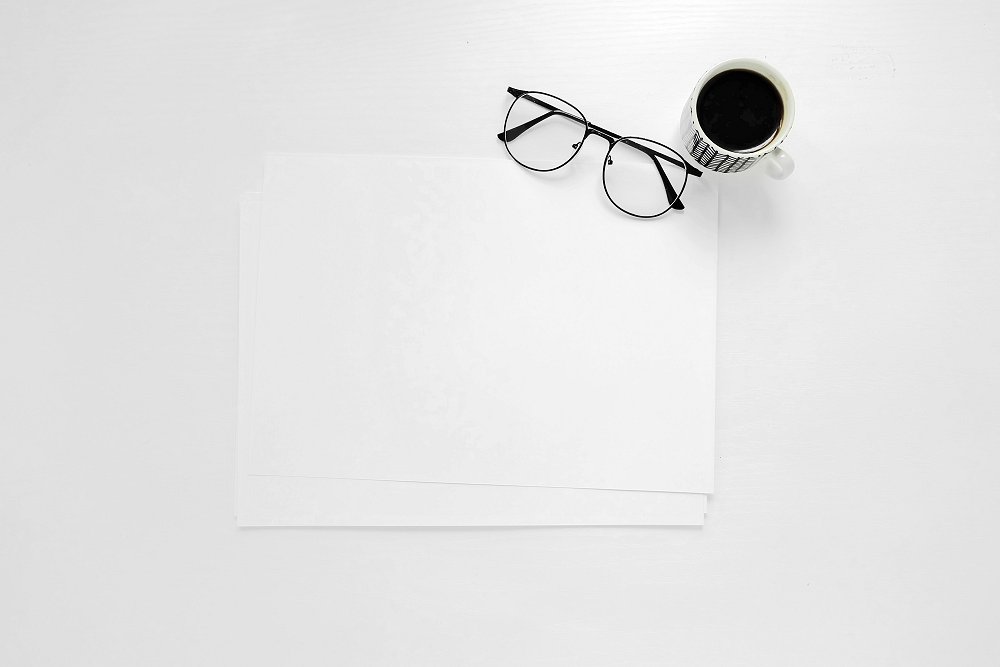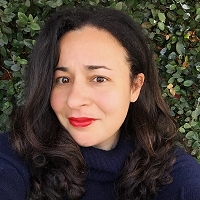
When you live in an era where smartphones have become appendages, conversations are emoji-based and reactive, and we’re suffering from information overload and choice paralysis, it can be challenging to sit down and just think.
Attention, not information, is our greatest commodity and it seems as if everyone’s vying for a piece of our day with news alerts, notifications, emails, texts, status updates, and phone calls. They want us and they want us now, and sometimes it can feel downright exhausting to be a participant in such a frenetic culture, during such a divisive (and frightening) political time. Yet, in following the law of diminishing returns, it is possible to know too much, to be too connected, to hyper-publish and battle in 140 characters or less—all at the expense of our sanity and the art we need to so desperately and fervently create.

Sometimes you might think, why bother? I’m just one more cog in the wheel, another voice amidst the noise, but I think it’s healthy, even necessary, to withdraw from the world, create and share that which is real and honest, and be guardians of our time as much as we can.
Although it seems as if people are up and tweeting 24 hours a day, I have found a pocket of time, in the early morning, where I can create something that has a longer, and more potent, shelf life than a status update. Waking early also helps me set an intention for my day. I normally wake at 5 and I don’t bolt out of bed. Instead, I lie awake for 15-20 minutes, calmly breathing, cozying up to my cat and mapping out the day ahead of me. This slower pace allows me to consider each task deliberately and with intention and on a more practical level I don’t feel like I’m having a panic attack before my morning coffee.
Since I have to balance the demands of an always-on consulting practice with novel writing, I tend to devote 2 hours every morning to anything that will move a personal or creative project forward. I’ve found that setting aside time for creative work, even scheduling it, rarely makes me feel resentful of the work that “pays the bills” because everyone now plays harmoniously in the proverbial sandbox. My morning time isn’t simply about writing, rather, it’s about all the things I need to do to bring a project to life. On good days I write. I never worry about the quality of the work (that’s for later when I’m breaking out my pen and feeling particularly surgical); I only care that I’m working. I close out my WIFI because I’ve found that texts and notifications still find a way to weasel me away from the page.
I know the world is out there, possibly aflame, but I’ll get to it in due time.
On the days when I’m blocked, I focus on research, organization, brainstorming, writing exercises, reading, or editing—all essential tasks that are needed to complete a project. At the end of the two hours, I feel productive regardless if I’ve written a single word. My morning process focuses on creation and organization and the evenings are devoted to review, editing, and refining. And the cycle continues anew on the following day.

The information culture is pervasive, so much so that you can get caught up on clickbait, fake news, hot takes, and opinion pieces that are simply noise. After I’ve spent time creating or working on a project, I make a point to read long-form articles and essays on everything from politics to brain science. I think we’ve shifted to writing that’s sometimes too succinct, and I feel relieved in the moments when I’m able to spend time reading through a comprehensive, thoroughly researched point-of-view. Doing this makes me less reactive and more methodical and thoughtful in all my tasks throughout the day. Even if you have 5-10 minutes, listen to a podcast during your commute, read one long-form article, take the time to allow your attention to linger. I’ve also found that I’ve regained the attention span I previously lost.
Remember a time when you were able to read a book for hours and not have the TV blasting or dealing with the blow-up that is your smart phone?
I often think we make too many goals and to-do lists, which invariably set us up for failure. After I do my ‘thinking’ work and read, I write down one thing (yes, one) that I want to achieve for the day. The task will be specific and realistically achievable. For example, I hate organizing my bills and bank statements, so I’ll devote an hour to the task. Regardless of what happens in the day, I know that it’s probably feasible for me to complete one task.
Creating, reading, and intention-setting –this is how I start each morning. Some days, it works beautifully and I’m productive. Other days, I’m tethered to my email putting out a fire. However, what matters most is that most of my days are comprised of the former instead of the latter. Most days I’m focused on living mindfully and that seems to even out the days that erupt in total chaos.
About the Author: Felicia C. Sullivan
 Felicia C. Sullivan is the award-winning author of the critically acclaimed memoir The Sky Isn’t Visible from Here (Algonquin/Harper Perennial) and the founder of the now-defunct but highly regarded literary journal Small Spiral Notebook. She maintains the popular lifestyle blog lovelifeeat.com. Born and raised in New York City, she now lives in Los Angeles, CA.
Felicia C. Sullivan is the award-winning author of the critically acclaimed memoir The Sky Isn’t Visible from Here (Algonquin/Harper Perennial) and the founder of the now-defunct but highly regarded literary journal Small Spiral Notebook. She maintains the popular lifestyle blog lovelifeeat.com. Born and raised in New York City, she now lives in Los Angeles, CA.
Follow Me Into the Dark is her first novel.
